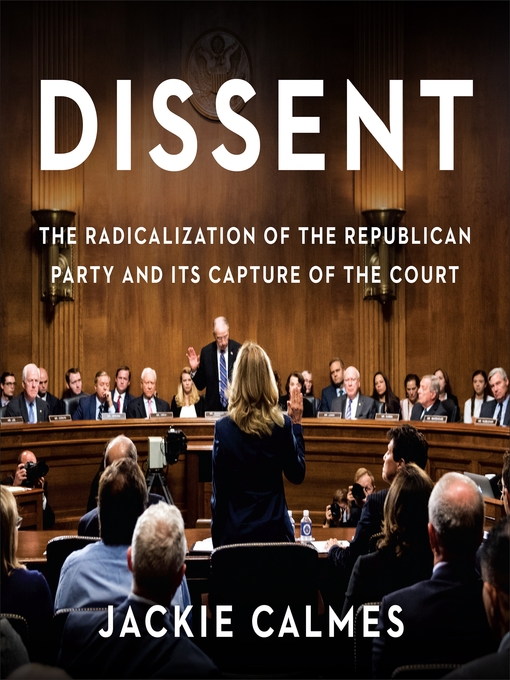- Available now
- Try something different
- NYT Bestsellers - eBook Nonfiction
- NYT Bestsellers - eBook Fiction
- New eBook additions
- New kids additions
- New teen additions
- Most popular
- Albertson Collection
- See all ebooks collections
- NYT Bestsellers - Audiobook Fiction
- NYT Bestsellers - Audiobook Nonfiction
- Available now
- New audiobook additions
- New kids additions
- New teen additions
- Most popular
- Try something different
- See all audiobooks collections
- Popular Magazines
- Revistas
- Health & Fitness
- Cars & Motorcycles
- Home & Garden
- See all magazines collections



